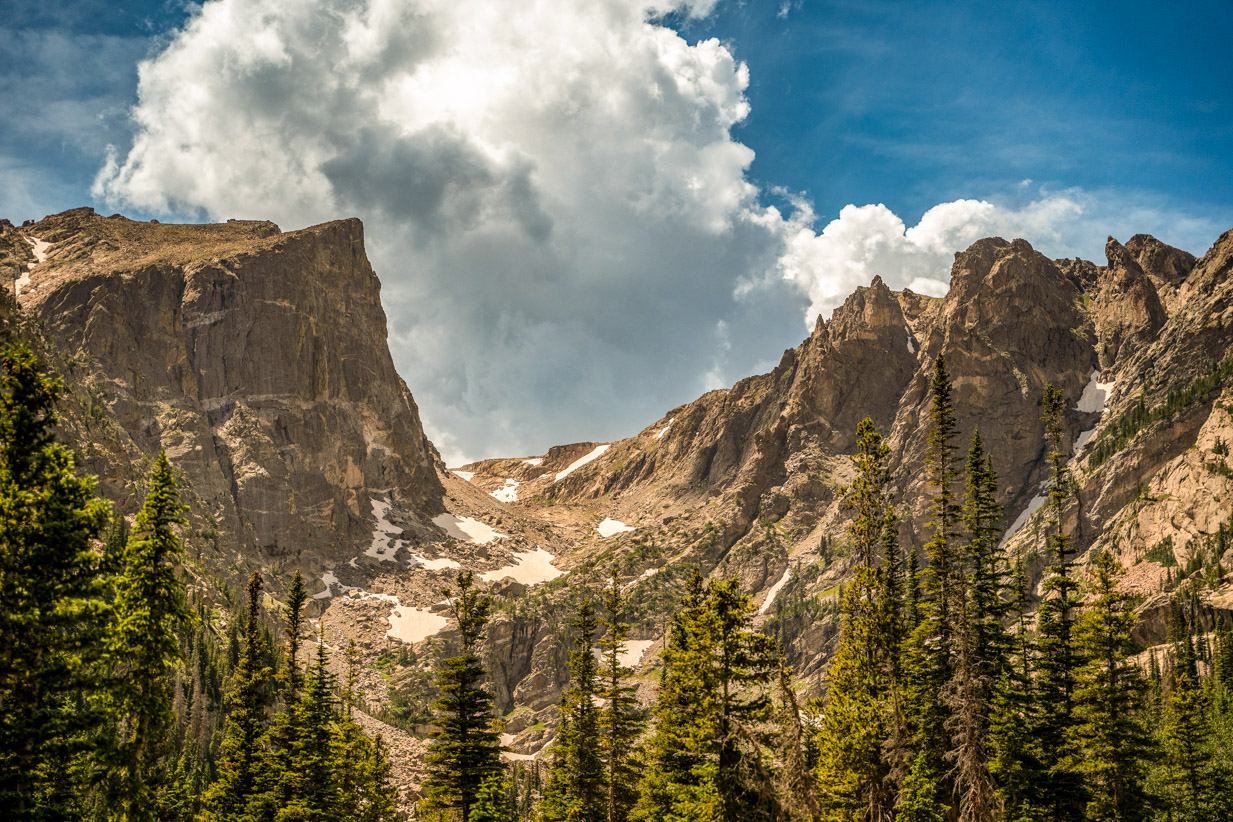

 ©Clay Eldridge
©Clay Eldridge
Chapter 1:1-8 (ESV) - These are the words that Moses spoke to all Israel beyond the Jordan in the wilderness, in the Arabah opposite Suph, between Paran and Tophel, Laban, Hazeroth, and Dizahab. It is eleven days' journey from Horeb by the way of Mount Seir to Kadesh-barnea. In the fortieth year, on the first day of the eleventh month, Moses spoke to the people of Israel according to all that the Lord had given him in commandment to them, after he had defeated Sihon the king of the Amorites, who lived in Heshbon, and Og the king of Bashan, who lived in Ashtaroth and in Edrei. Beyond the Jordan, in the land of Moab, Moses undertook to explain this law, saying, “The Lord our God said to us in Horeb, ‘You have stayed long enough at this mountain. Turn and take your journey, and go to the hill country of the Amorites and to all their neighbors in the Arabah, in the hill country and in the lowland and in the Negeb and by the seacoast, the land of the Canaanites, and Lebanon, as far as the great river, the river Euphrates. See, I have set the land before you. Go in and take possession of the land that the Lord swore to your fathers, to Abraham, to Isaac, and to Jacob, to give to them and to their offspring after them.’
Question to consider: Why did it take forty years for Israel to complete an eleven day journey?
What we call “the Law” is the Hebrew Torah which more accurately means “the teachings”. Beyond just telling us what we ought to do or not do, the books of Moses taught the generations of Israel which came out of captivity in Egypt the nature of God and their relationship with Him from the beginning up until the point at which they were to inherit the land. The title of the fifth book of Moses is horribly mistranslated from the Latin Vulgate as Deuteronomy. I say horribly mistranslated because it literally means “second law”. However, the book is not a second set of laws delivered by Moses. It is in fact a renewal of Israel’s wedding covenant with God. While the words may have been written down by an amanuensis or scribe (possibly Joshua), they belonged to Moses.
After being immersed in the ways of the Egyptians for hundreds of years, Israel had essentially become estranged from God, and when seeing “...the thunder and the flashes of lightning and the sound of the trumpet and the mountain smoking, the people were afraid and trembled, and they stood far off and said to Moses, ‘You speak to us, and we will listen; but do not let God speak to us, lest we die.’” (Exodus 20:18-19)
From that point on, Moses served as the mediator between the people and God, and the disobedience of that generation turned an eleven day journey into forty years in the wilderness beyond the Jordan river. Even Moses was disqualified from entering the land because he struck the rock to bring forth water for the people after God had instead told him to speak to the rock. (Numbers 20:2-13). It may seem unfair that the great Moses would be kept from the land for this, but Paul proclaimed in his first letter to the church at Corinth that the rock was Christ. (1 Corinthians 10:1-11)
God had called Moses the first time to strike the rock because Christ would be struck in paying for our sins. However, Christ was only struck once for our iniquities. Now we receive the living waters of Christ by His word, promised to us in our baptism. In striking the rock the second time, Moses inadvertently blasphemed the Son of God.
Now the land would be given to a new generation who would receive the promise by faith since they would not have been old enough to remember the events that brought them there. I hope as we go through this renewal of the covenant, we will see the mercy of God and our need for Christ.
Dear heavenly Father, thank You for continuing to show us mercy even though we fall short of Your righteous commands. Restore to us the joy of Your salvation and uphold us with Your Spirit whom You freely lavish upon us. Amen.